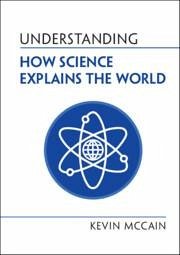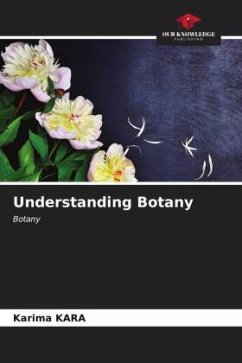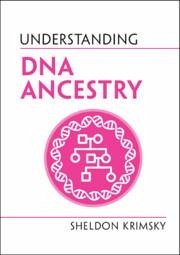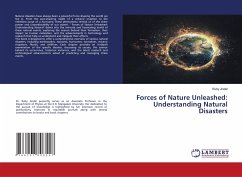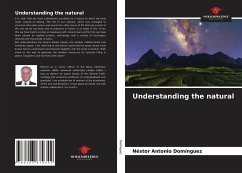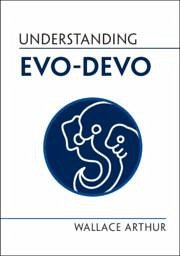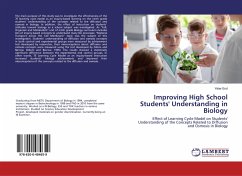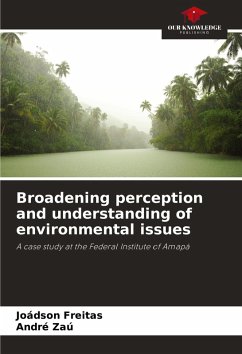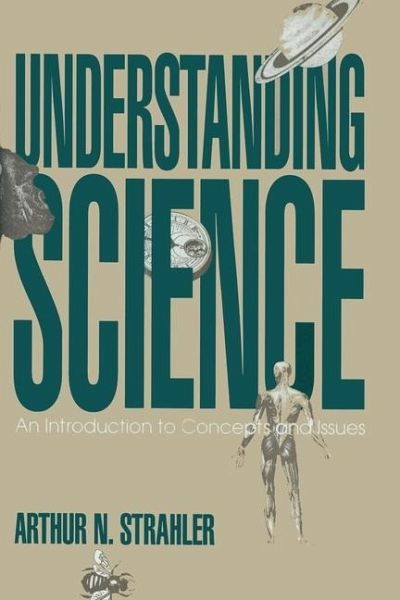
Understanding Science
Versandkostenfrei!
Versandfertig in über 4 Wochen
30,99 €
inkl. MwSt.

PAYBACK Punkte
15 °P sammeln!
Humanity reaps the many advantages of science while bemoaning the frequent misapplications and abuses of modern technology. Yet far too many of us admit to possessing little, if any, real knowledge of what scientists actually do, why they do it, or whether they should be otherwise occupied in more productive pursuits. Non-scientists need to appreciate the nature, purpose, and goals of science. Conversely, the narrow focus of many science enthusiasts fails to recognize that science cannot help but interact with sources of knowledge beyond its realm, placing scientific endeavors within a swirlin...
Humanity reaps the many advantages of science while bemoaning the frequent misapplications and abuses of modern technology. Yet far too many of us admit to possessing little, if any, real knowledge of what scientists actually do, why they do it, or whether they should be otherwise occupied in more productive pursuits. Non-scientists need to appreciate the nature, purpose, and goals of science. Conversely, the narrow focus of many science enthusiasts fails to recognize that science cannot help but interact with sources of knowledge beyond its realm, placing scientific endeavors within a swirling caldron of competing knowledge claims. In Understanding Science, noted author and researcher Arthur N. Strahler, whose career in science spans more than half a century, fills this double void by offering insights into both the philosophy and the sociology of science.



